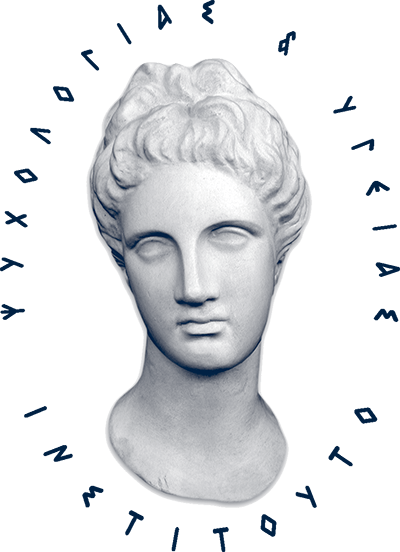Contemporary Perspectives on Psychoanalytic Case Formulation
IARPP Thessaloniki Chapter

Training Program 2024-25
Nancy McWilliams, Ph.D., ABPP

Saturday 18.00-20.00
16 November & 14 December 2024 and 18 January 2025
This presentation looks deeply at personality-based interactions between patient and therapist, emphasizing the value of case formulation for purposes of developing a working alliance, advancing therapeutic progress, coping with transference-countertransference dynamics, making clinical choices, and estimating prognostic possibilities. Ever since the 1980 revision of the DSM, personality issues have been officially relegated to a section of “disorder” categories and described by measurable traits. In this workshop, in contrast, Dr. McWilliams will explore varying lenses through which individuality has been viewed (temperament, attachment style, observed clinical pattern, defensive structure, affective organization, implicit cognitions, drive tendencies, self-definition versus self-in-relation orientation, core relational theme, and level of severity). She will offer empirical support for each perspective and, using examples, discuss practical clinical implications of each angle of vision. Participants are invited to present a case that will be discussed from these perspectives.
Nancy McWilliams, Ph.D., ABPP., is emerita visiting professor at the Graduate School of Applied and Professional Psychology at Rutgers University. She is the author of 4 books : Psychoanalytic Diagnosis (translated in 20 languages), Psychoanalytic Case Formulation, Psychoanalytic Psychotherapy and Psychoanalytic Supervision.
McWilliams is a psychoanalytic/dynamic author, teacher, supervisor, and therapist. She is a former president of the Division of Psychoanalysis (39) of the American Psychological Association (APA). She is also Associate Editor of the Psychodynamic Diagnostic Manual, first published in 2006, and published in a second edition (PDM-2) in 2017.
Awards include the Gradiva Prize for her books, the Rosalee Weiss award for contributions to practice, the Division of Psychoanalysis awards for leadership (2005), scholarship (2012), and international academic excellence (2021), the Laughlin distinguished teacher award, the Goethe Scholarship award, and the Hans Strupp award for teaching, practice and writing.
